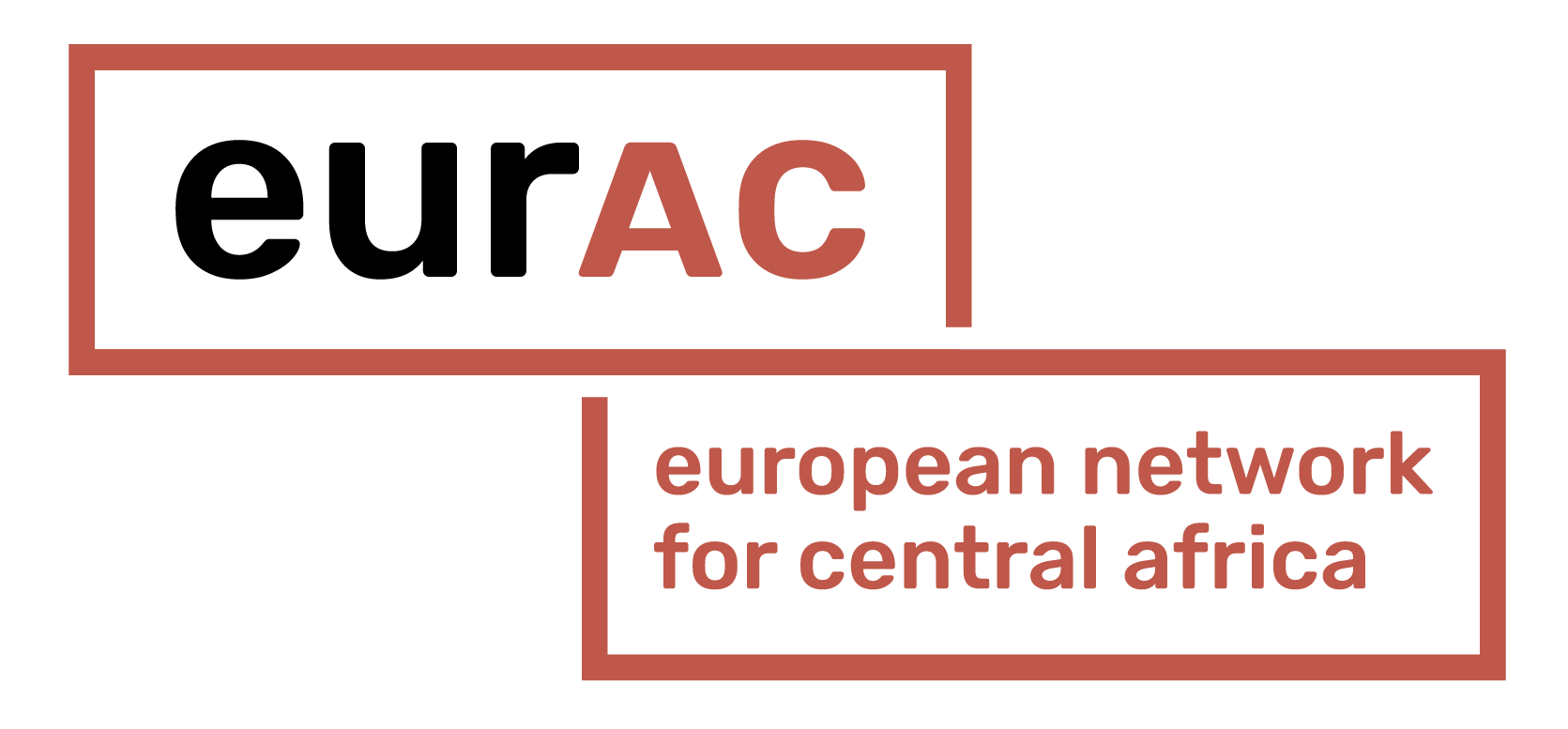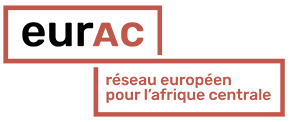OPEN LETTER - Creating a dedicated country-wide human rights monitoring and reporting mechanism on the Democratic Republic of Congo at the UN Human Rights Council
Re: Creating a dedicated country-wide human rights monitoring and reporting mechanism on the Democratic Republic of Congo at the UN Human Rights Council
Geneva, 5 September 2018
Your excellency,
We, the undersigned Congolese, regional, and international organizations, write to urge your delegation to support the creation of a country-wide human rights monitoring and reporting mechanism on the Democratic Republic of Congo at the upcoming 39th session of the United Nations Human Rights Council.
The ongoing human rights violations committed by Congolese security forces and armed groups throughout the country – coupled with a pattern of impunity and the potential for renewed outbreak of large-scale violence in the coming months, amidst a crackdown on human rights in the context of the uncertain electoral process – necessitate increased and dedicated human rights monitoring and public reporting to help prevent further abuses and achieve the goals of accountability.
Congo is facing a human rights crisis, as the authorities clamp down on the rights to freedom of expression and peaceful assembly of critics who insist that President Joseph Kabila has stayed in power beyond his constitutionally mandated two-term limit by delaying elections and suppressing dissent. The elections are now scheduled to be held on 23 December 2018. Civil society and the political opposition in Congo have expressed serious concerns about the credibility, fairness, and inclusivity of the electoral process, and risks of further delays. There is a real risk of more crackdowns and potential political violence as the election deadline nears, with possible consequences throughout the volatile region.
From August 1 to 7, Congolese security forces fired teargas and live ammunition to disperse political opposition supporters, killing at least two people – including a child – and injuring at least seven others with gunshot wounds, during the candidate registration period for presidential elections. Authorities also restricted the movement of opposition leaders, arrested dozens of opposition supporters, and prevented one presidential aspirant, Moïse Katumbi, from entering the country to file his candidacy.
Since 2015, Congolese security forces have killed nearly 300 people during largely peaceful protests. Congolese authorities have banned meetings and demonstrations by the opposition and civil society groups. Hundreds of opposition supporters and democracy activists have been jailed. Many have been held in secret detention facilities without charge or access to family members or lawyers. Others have been tried and convicted on trumped-up charges. The government has also shut down Congolese media outlets, expelled international journalists and researchers, and periodically curtailed access to the internet and text messaging.
The human rights crisis has been linked to political tensions and violence in Congo, which could worsen as the election approaches. Armed groups and security forces have attacked civilians in many parts of the country, including the Kasaïs, the Kivus, Ituri, and Tanganyika. Today, some 4.5 million Congolese are displaced from their homes. More than 100,000 Congolese have fled abroad since January 2018, raising the risk of increased regional instability.
At the Human Rights Council in June, the team of international experts on the Kasai region presented their final report, expressing shock at the magnitude of the violence and the dire human rights situation that has persisted since 2016. An estimated 5,000 people, and possibly many more, have been in killed, and more than 1.4 million people displaced from their homes. No one has been held to account for the murders in March 2017 of UN investigators Michael Sharp and Zaida Catalán and the disappearance of the four Congolese who accompanied them, and only a few low-level suspected perpetrators have been prosecuted for the violence against Congolese in the region. In July 2018, the Council requested the High Commissioner for Human Rights to dispatch a team of two international human rights experts to monitor and report on the implementation by Congolese authorities of the Kasai investigation’s recommendations.
Since early this year, violence intensified in various parts of northeastern Congo’s Ituri province, with terrifying incidents of massacres, rapes, and decapitation. Armed groups launched deadly attacks on villages, killing scores of civilians, torching hundreds of homes, and displacing an estimated 350,000 people. Armed groups and security forces in the Kivu provinces also continue to attack civilians. According to the Kivu Security Tracker, assailants, including state security forces, killed more than 580 civilians and abducted at least 940 others in North and South Kivu since January 2018.
In the southeastern province of Tanganyika, more than 200 people were killed, 250,000 others displaced, and numerous villages and displacement camps burned since intercommunal violence broke out in mid-2016. Nobody has been held to account to date, and the situation remains volatile.
Considering the scale and complexity of the human rights challenges in Congo, and the many regions in the country requiring scrutiny, a dedicated mechanism is needed with the mandate to cover the country as a whole which can conduct the needed monitoring and reporting to the Human Rights Council and make recommendations to the government of Congo and the international community with a view to preventing further human rights violations and abuses and achieving accountability. The Council should create such a mechanism in September to complement the work of the UN joint human rights office in Congo and ensure adequate scrutiny and reporting of human rights violations and abuses in the electoral context.
We urge your delegation to support the creation of such a mandate.
With assurances of our highest consideration,
11.11.11
Action pour la Restauration de la Paix et la Justice (ARPJ)
Agir Ensemble pour les Droits de l’Homme (AEDH)
Agir pour des Élections Transparentes et Apaisées (AETA)
Amnesty International
Asian Forum for Human Rights and Development (FORUM-ASIA)
Association Africaine de Défense des Droits de l’Homme (ASADHO)
Association Congolaise pour l’Accès à la Justice (ACAJ)
Association des Femmes Juristes Congolaises (AFEJUCO)
Carrefour pour la Justice, le Développement et les Droits Humains (CJHD-RDC)
CCFD – Terre Solidaire
Centre d’Observation des Droits de l’Homme et d’Assistance Sociale (CODHAS)
Centre d’Études et de Formation Populaire pour les Droits de l’Homme (CEFOP/DH)
Cercle National de Réflexion sur la Jeunesse en RDC (CNRJ-RDC)
CIVICUS: World Alliance for Citizen Participation
Commission Justice et Paix Belgique
Ecumenical Network Central Africa (OENZ)
European Network for Central Africa (EurAc)
Fastenopfer/Action de Carême
Femmes et Enfants en Détresses/Uvira et Fizi (SOS FED)
Forum réfugiés Cosi
Franciscans International
Global Centre for the Responsibility to Protect
Groupe d’Associations de Défense des Droits de l’Homme et de la Paix (GADHOP)
Groupe Lotus
Human Rights Watch
International Commission of Jurists
International Federation for Human Rights Leagues (FIDH)
International Refugee Rights Initiative (IRRI)
Justicia Asbl
La Voix des Sans Voix pour les Droits de l’Homme (VSV)
Ligue des Électeurs (LE)
Never Again Coalition
Nouvelles Dynamiques pour le Développement Rural Intégral (NODRI)
OEil des Victimes des Violations des Droits de l’Homme (OVVDH)
Pax Christi International
PMU
Protection International
Réseau des Femmes pour les Droits des Enfants et des Femmes (REFEDEF)
Réseau des Victimes de l’Insécurité au Congo (REVI Asbl)
Réseau pour la Réforme du Secteur de Sécurité et Justice (RRSSJ)
SAPI
Secours Catholique – Caritas France
The African Centre for Democracy and Human Rights Studies (ACDHRS)
The Enough Project
Tournons la Page
World Organisation Against Torture (OMCT)

